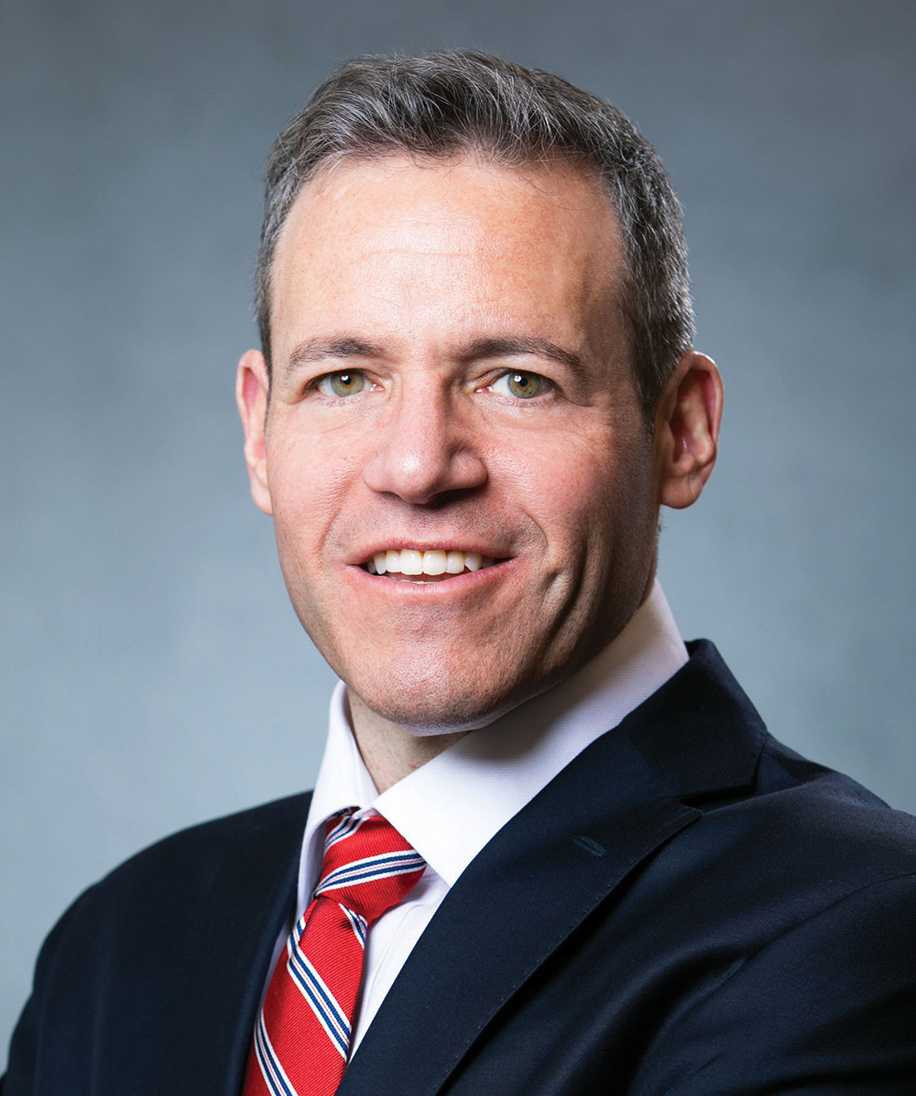Client Alert
Prosecution Bar in Protective Order Does Not Bar Outside Litigation Counsel from Participating in an Inter Partes Review Proceeding, SDNY Rules
August 18, 2014
BY BRUCE M. WEXLER & JASON T. CHRISTIANSEN
Last week, the Southern District of New York rejected an attempt by multiple generic defendants to prevent litigation counsel for the innovator company from participating in related IPR proceedings, absent explicit language in a protective order restricting the involvement in IPRs. Endo Pharmaceuticals Inc. v. Amneal Pharms Inc., et al., No. 1:12-cv-08115-TPG-GWG (S.D.N.Y. Aug. 13, 2014).
In this Hatch-Waxman Act case, Endo sued multiple defendants, including Amneal, for filing ANDAs referencing an Endo drug. During the course of the litigations, Endo’s litigation counsel entered into a protective order with Amneal containing a plain-vanilla prosecution bar preventing litigation counsel from becoming “involved in prosecution of patent applications.” Endo’s litigation counsel also entered into protective orders with several of the other defendants containing more restrictive prosecution bars. Amneal’s litigation counsel later filed three IPR proceedings.
In an attempt to divide and conquer, Amneal sought to force Endo to retain separate litigation IPR counsel and to bar the separate IPR counsel from consulting with Endo’s litigation counsel about the IPRs even though Amneal’s litigation counsel had filed the IPRs and would lead both prongs of Amneal’s attack on Endo’s patents. Endo’s litigation counsel then “expressly offered, in the interest of compromise, to stipulate that it would retain separate [IPR] counsel, and that its litigation counsel (1) would not share with [IPR] counsel any information about Amneal’s ANDA products, or any other documents or information designated by Amneal as confidential under the terms of the protective order; and (2) would not consult with or advise Endo or Endo’s [IPR] counsel regarding any amendment or proposed amendment to any claims of the patents-in-suit.” (Doc. 68 at 3.)
Based on Endo’s representations, and after full briefing, the Court found that the language in the plain-vanilla prosecution bar does not bar litigation counsel from participating in the IPR proceedings. The Court relied on a recent Patent Trial and Appeal Board (“PTAB”) decision that held that an IPR is “neither a patent examination nor a patent reexamination. Rather, it is a trial, adjudicatory in nature and constitutes litigation.” Slip Op. at 8 (quoting Google Inc. v. Jongerius Panoramic Techs., LLC, No. IPR2013-00191, Paper No. 50, at 4 (P.T.A.B. Feb. 13, 2014)).
With respect to the other defendants, the prosecution bar specifically addressed “patent office proceeding[s]” such as IPRs but was more restrictive by preventing litigation counsel from becoming “involved in prosecution of patent applications . . . or in any drafting or amendment of claims or claim language in any patent office proceeding relating to oxymorphone. . . .” The Court found this provision did not bar litigation counsel from participating in the IPR proceedings as long as they were not involved in claim amendments, and relied on Endo’s prior assurances that they would not be involved in amending the claims.
The Court commented that “even if the protective orders did bar [litigation counsel] from participating in the [IPR] proceedings, the court would make an exception based on the facts of these cases.” The Court examined the factors from In re Deutsche Bank Trust Co. Americas, 605 F.3d 1373, 1381 (Fed. Cir. 2010) and held that given the restrictions Endo already offered and ultimately required by the Court, litigation counsel’s “participation is limited to the issues before this court—questions of obviousness and prior art” that “need not implicate competitive decisionmaking or claim amendment.” Slip Op. at 10. Significantly, the Court also held that with the restrictions it put in place, “the potential injury to Amneal is minimal” and “the potential injury to Endo, if [litigation counsel] is barred from participating, is high” because “Endo would be at a significant disadvantage if [litigation counsel] is not permitted to assist in the defense of Endo’s patents against the same prior art raised in this litigation.” Id.
We anticipate this issue continuing to arise unless care is exercised in negotiating protective orders. Generics typically seek prosecution bars in protective orders, discovery confidentiality orders, and in Offers of Confidential Access accompanying Paragraph IV Notice Letters. IPRs are gaining traction among generics in various situations. Resolution of protective order issues will depend on the language of the prosecution bar and the specific facts of a given situation, which should be closely scrutinized. Although the SDNY allowed participation in an IPR in the face of a plain-vanilla prosecution bar in this particular case, it did so only after briefing on the interpretation of the language. Given the impact these issues can have on overall litigation strategy, we recommend careful drafting to avoid the need to litigate the protective order scope. Prosecution bars should contain express language carving out from the bar involvement in IPRs and other litigation in the PTO. The SDNY comments on policy noted above may provide some help in seeking such a limitation on prosecution bars.
***
If you have any questions concerning these developing issues, please do not hesitate to contact any of the following Paul Hastings lawyers:
New York
Bruce M. Wexler
+1 212 318 6020
brucewexler@paulhastings.com
Houston
Jason T. Christiansen
+1 713 860 7333
jasonchristiansen@paulhastings.com
Paul Hastings LLP
StayCurrent is published solely for the interests of friends and clients of Paul Hastings LLP and should in no way be relied upon or construed as legal advice. The views expressed in this publication reflect those of the authors and not necessarily the views of Paul Hastings. For specific information on recent developments or particular factual situations, the opinion of legal counsel should be sought. These materials may be considered ATTORNEY ADVERTISING in some jurisdictions. Paul Hastings is a limited liability partnership. Copyright © 2014 Paul Hastings LLP.
Contributors
